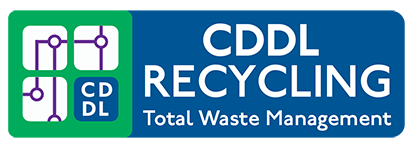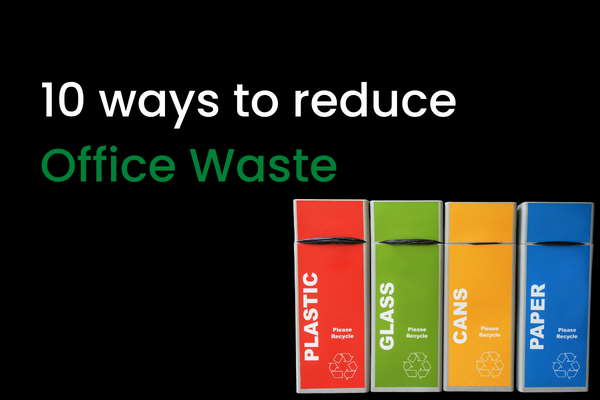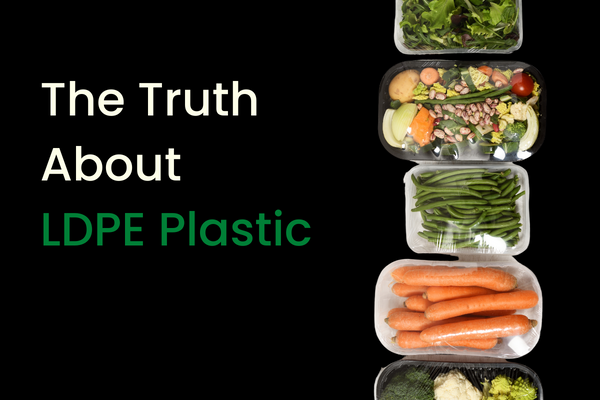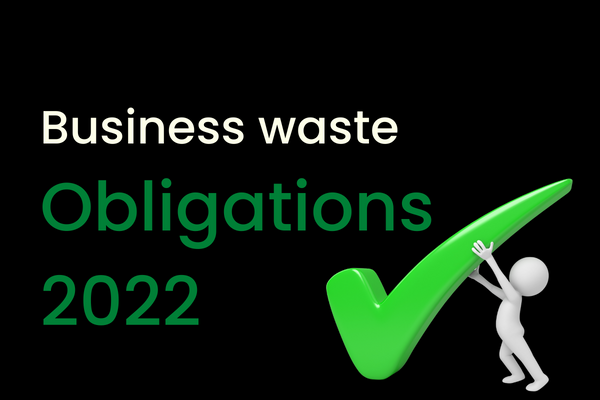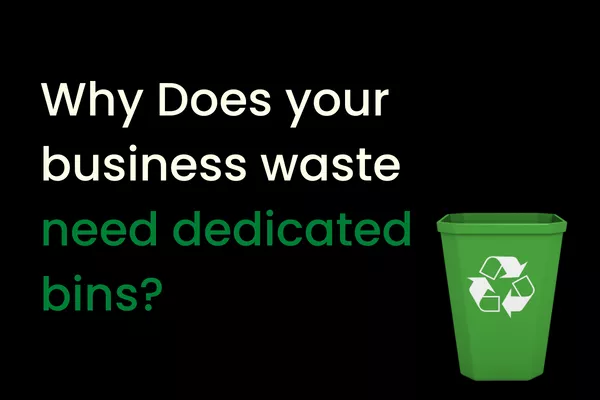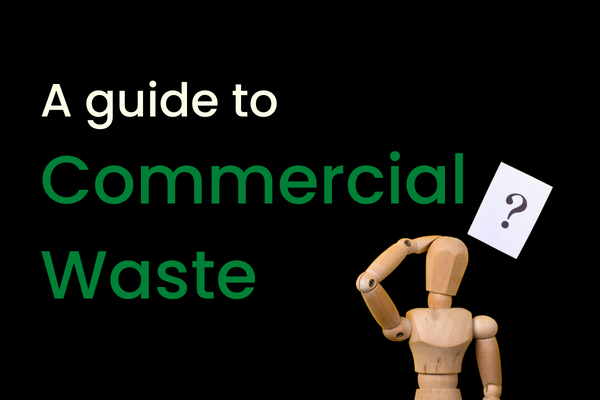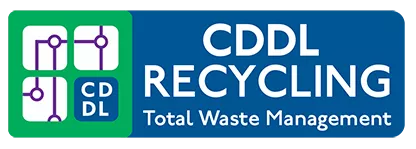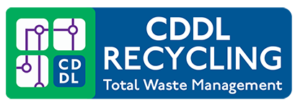8 Types of Business Waste you should be aware of
Business waste is the waste produced by a business on its premises. This includes everything from paper and packaging to food and electrical waste. As it is mass-produced each year, businesses must understand how to dispose of it by using the correct streams.

Types of Business waste:
General waste
General waste is perhaps the easiest to dispose of. This covers all mixed, non-recyclable waste, such as polyethylene, food packaging, or laminated paper. Without the intervention of a waste management company, this non-recyclable waste will undoubtedly end up in landfill. Therefore, businesses have two options; to reduce general waste produced, or find an alternative solution to sending waste to landfill sites.
Dried mixed recycling:
Mixed recyclables are any clean, dry wastes that can be used for recycling. The most common type of mixed material is paper products like cardboard and aluminium cans but it also includes all types of plastic bottles.
Glass Waste
Glass is an example of a material that can be recycled and reused into new products again and again. Reducing the amount of waste we produce is important for our environment, and recycling can be one way to do that. Introducing a waste management stream means less rubbish ending up in landfills.
Food Waste
It is estimated that the UK hospitality industry generates a staggering 11 million tonnes of food waste each year, with almost 70% of this coming from restaurants. If you’re in the hospitality industry and would like to know how you can make the most of your waste management service read here.

Clinical Waste
Clinical waste poses a risk to public health so it is vital that this waste is handled with care and disposed of in the correct sharps bins. Clinical waste may include swabs, bandages, medicines, or other pharmaceutical products.
Hazardous Waste
Hazardous waste is any waste that will harm the environment or public health. This includes any material that is toxic, reactive, ignitable, or corrosive. These materials are often found in objects such as batteries, light bulb tubes, fridges, or solvents.
Washroom & Sanitary Waste
Washroom and sanitary waste will be found in all hospitality sectors as this waste comes from bathroom bins.
Confidential Waste
Standard data protection laws require all confidential waste to be disposed of properly to avoid being handed a fine. Confidential waste includes any personal information that could be used to identify someone. Finding a reputable waste management company that can handle confidential documents should be a priority for all businesses, no matter the industry.
At CDDL, our confidential waste stream includes paper shredding, with documents of destruction so you can rest assured that your business is in full compliance with data protection regulations.
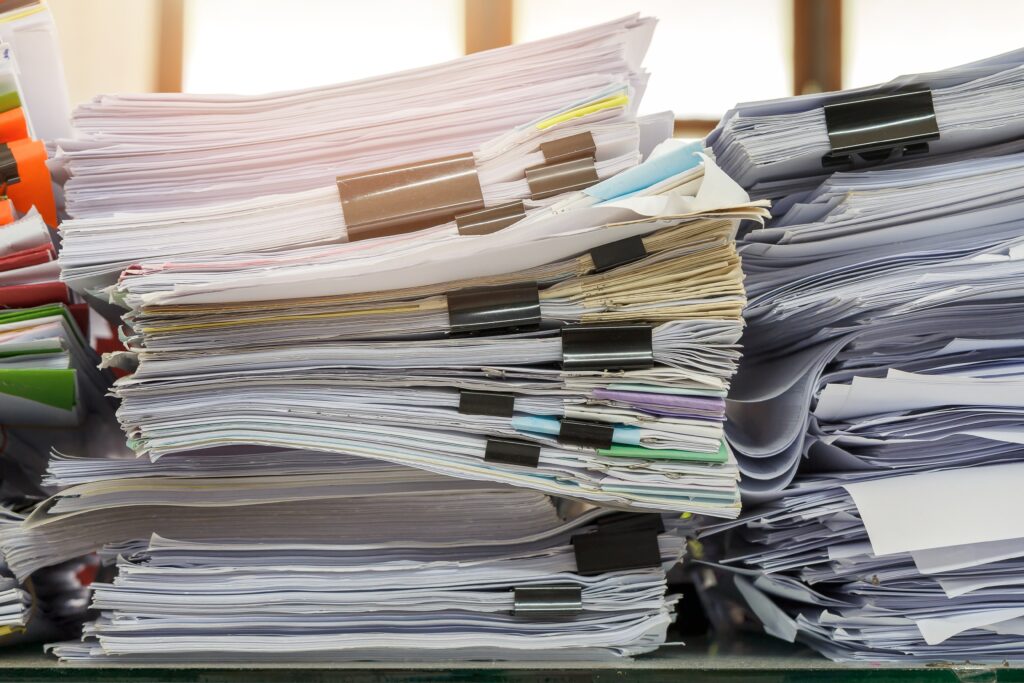
Why recycle business waste?
Recycling your business waste not only benefits your business by reducing costs, but by also helping the environment. For more reasons why you should recycle your business waste read here.
What business can you collect commercial waste for?
At CDDL, we can clear waste for most business types; offices, pubs, restaurants, hotels, shops, golf courses, and sports clubs, as well as organisations and local councils.
How do your plans work?
At CDDL we want to make sure your commercial waste management plan fits your needs. This is why we will often arrange a site visit and waste audit to make sure you are getting the most out of your service, this includes flexible bin collections and advice on recycling potential ways to cut waste costs.
If your business is based in Kent, Contact CDDL today to arrange a waste audit for your Kent business, our friendly team is ready to help you.
